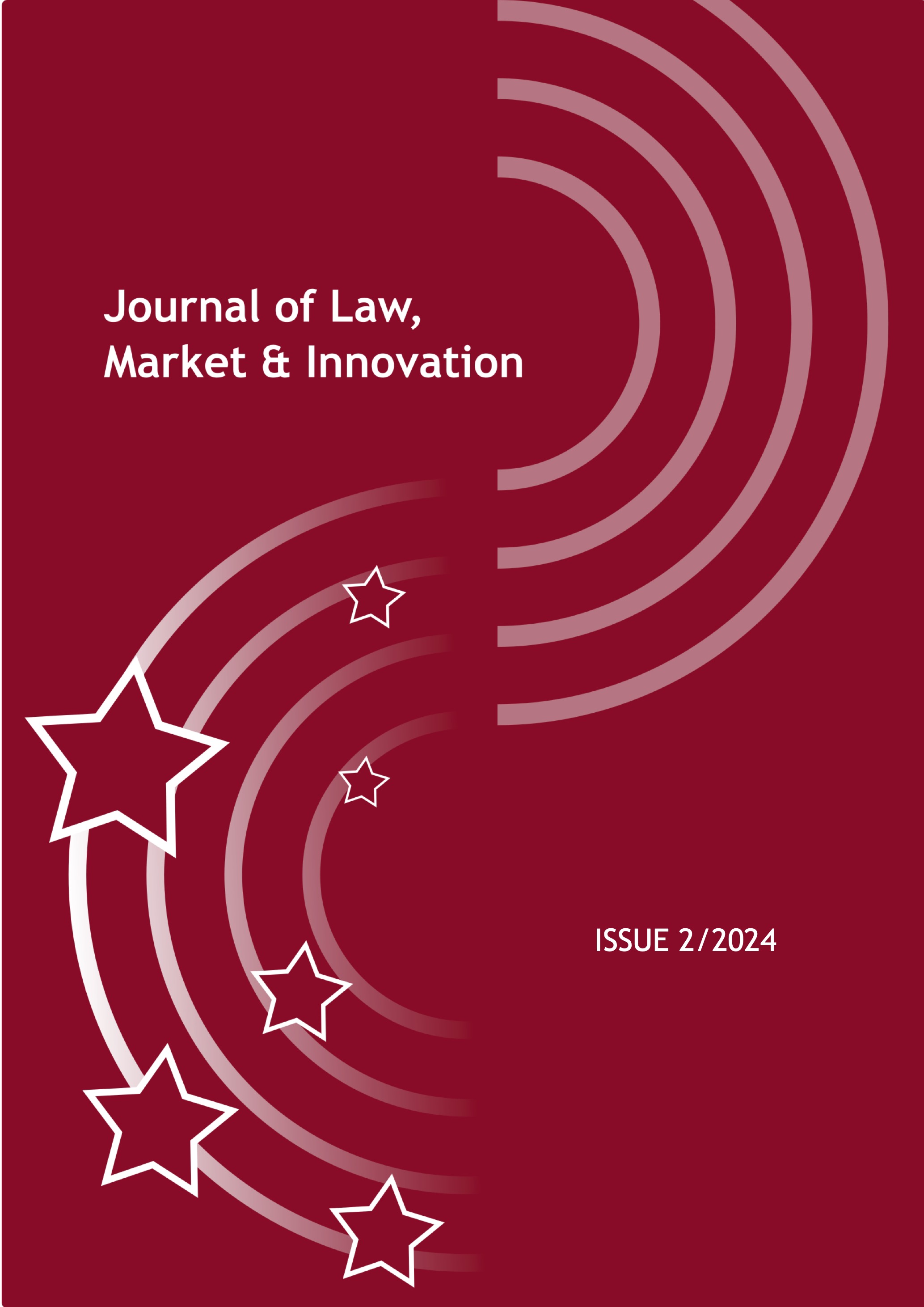Tragedy of commons, civil drones and hybrid modes of technology regulation: a comparative law and economics perspective
DOI:
https://doi.org/10.13135/2785-7867/10741Keywords:
drones, drone-related hazards, efficiency, inclusive growthAbstract
This paper provides a multidisciplinary assessment of the growing use and importance of civil drones, evaluates the related problem of the commons, and seeks to assess its impact on the research & development processes in companies that develop or employ civil drones in their daily operations. Recommendations are given to ensure optimal regulatory intervention covering potential, uncontemplated automated civil drone-related hazards. If it evolves in ways not intended by its designers or users, the judgement-proof automated civil drone could create unforeseeable losses wherever current tort and contract law regimes do not ensure optimal risk internalisation and precaution, while also not deterring opportunism. Moreover, it is argued in the paper that the identified shortcomings mean the debate on the different approaches to controlling hazardous activities boils down to the question of efficient ex ante safety regulation and allocation of property rights (resembling those in the aviation industry). Hybrid modes of regulation are also investigated with a focus on the inclusive growth of the AI-drone industry in the EU and a set of economically informed normative suggestions is presented for an improved hybrid regulatory response, which should achieve optimal risk internalisation, precaution, and firm-level innovation.



 EJIF has been approved for inclusion in
EJIF has been approved for inclusion in  The Journal of Law, Market & Innovation is indexed in
The Journal of Law, Market & Innovation is indexed in  The Journal of Law, Market & Innovation is indexed in
The Journal of Law, Market & Innovation is indexed in  The Journal of Law, Market & Innovation is indexed in
The Journal of Law, Market & Innovation is indexed in  The Journal of Law, Market & Innovation is indexed in
The Journal of Law, Market & Innovation is indexed in  The JLMI is classified as a "Class A" journal for Law (Area 12) by the Italian
The JLMI is classified as a "Class A" journal for Law (Area 12) by the Italian 
